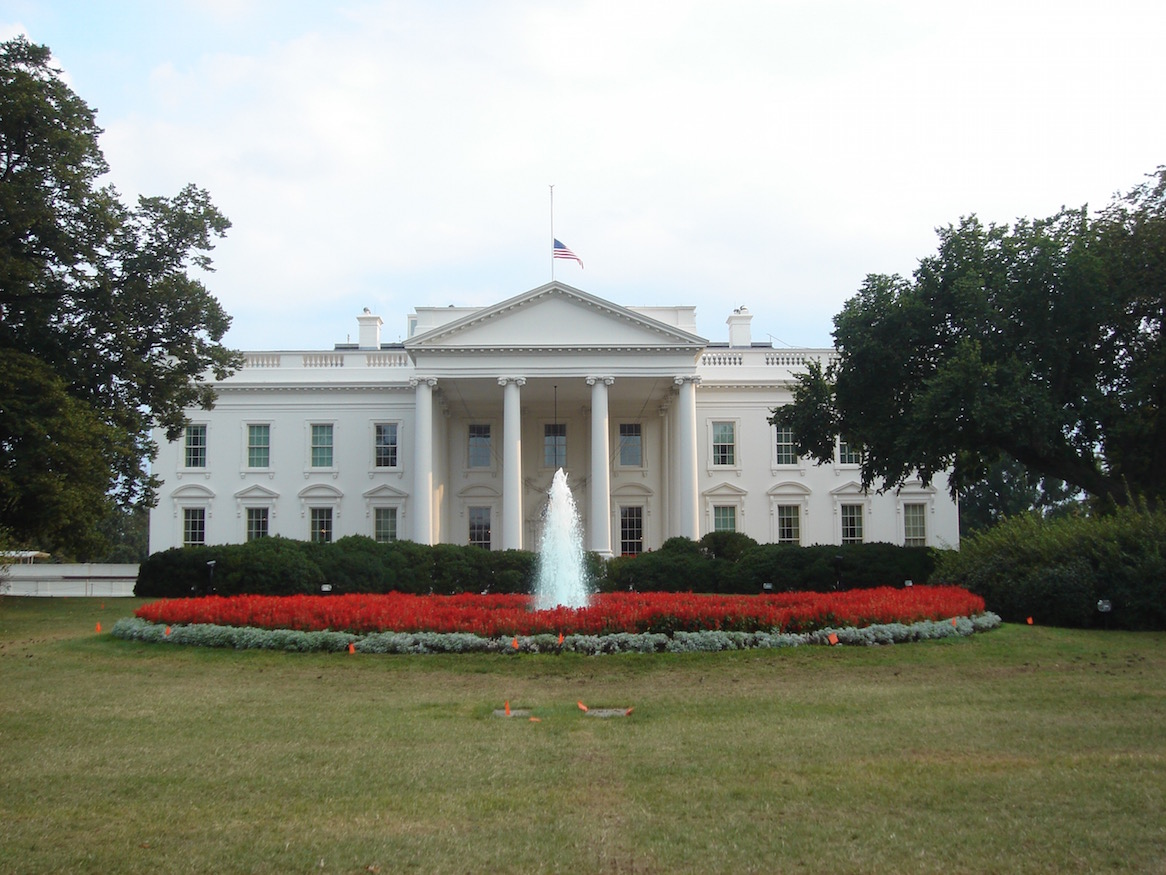The new US legislative and regulatory environment could mean big changes for the airline landscape in the spring of 2025, here’s why.
If you are considering booking travel LiveAndLetsFly.com appreciates your support.
If you haven’t followed us on Facebook or Instagram, add us today.
New Administration Creates Opportunity For Change
While the term “mandate” has been debated as final vote counts have dropped Trump below 50% of the popular vote, the 45th, and soon 47th president earned more than 2.5MM votes and nearly 100 more electoral college votes than Vice President Kamala Harris. More significantly, the Republicans retained and retained its House majority, took back the Senate, and for what it’s worth, also control more states 27 to 23 at the Governor level.
What does it all mean, Basel? Airlines that have not had success with the prior administration may find more opportunity with the change in leadership.
Here’s some pure speculation as to changes we might see as soon as the spring of 2025.
JetBlue-American Airlines
American Airlines and JetBlue have recently expressed interest in restarting its Northeast Alliance. Just three weeks ago, the pair lost its appeal to overturn the ruling against the alliance.
So it’s dead and buried, why would a new administration represent an opportunity? It was under the Trump administration that the deal was initially approved and it was only challenged under the last administration. As both carriers struggle, it will make sense to allow them consolidate their flying, reduce costs, and strengthen as companies.
While they may not be able to appeal and restart the agreement as it was, the two might try a new version of the alliance with some concessions when the new administration takes office. If it approved the last one, why wouldn’t it approve the new one?
This could change the flying landscape for both carriers and travelers across the northeast United States.
Spirit Bidder?
Spirit’s bankruptcy protection filing will take some time but the road blocks they faced prior may be gone. Whether Spirit will remain independent, purchased whole, or allowed to merge is yet to be seen but there will likely be more options on the table with the new administration in place.
It’s my prediction that Frontier, which backed out of renewed negotiations prior to Spirit’s filing may take another look if they knew they’d have a green light and Spirit is in yet a further compromised situation.
JetBlue might take another crack at it too, but that seems less likely as some of their financial and operational issues have come to light.
If the carrier is allowed to be purchased outright and integrated without a requirement to retain routes and market position, a host of potential buyers will enter the realm of possibility including mainline carriers looking to increase their fleet without waiting for deliveries from manufacturers.
Trans-Atlantic Joint Ventures
I outlined earlier the possibility of Aer Lingus re-joining oneworld but there are other opportunities for trans-Atlantic joint ventures. JetBlue flies across the Atlantic to London, Paris, Dublin, Amsterdam, and Edinburgh from next year. It has ties to Aer Lingus already so something there could be interesting if Aer Lingus doesn’t apply to join the JV with IAG parent and American Airlines. JetBlue is without an alliance so it could try for another opportunity to create its own or join another like United/Lufthansa Group in star Alliance or Delta/Air France/KLM in SkyTeam.
Could we see other players join the fray? Possibly, it seems that in the first Trump administration there was more support for such activity but it’s worth noting that none of the former department chiefs besides Trump return to their posts.
Ongoing Loyalty Program Investigation
Secretary Buttigieg started an investigation into the top four loyalty programs in the country. It was widely panned by other industry writers and myself. While I don’t disagree that loyalty programs are unregulated and can be a store of value for many travelers, the department’s approach to the matter demonstrated a lack of understanding about the space.
That said, the new leadership is propelled by a populist approach and this investigation may appeal to a pro-consumer regime, allowing it to continue.
Labor Relations
To the dismay of many republicans, his labor chief is a significant departure from his prior pro-business nominations.
“This time around, Trump is sending a different signal. His pick to lead the Department of Labor is an unusually pro-union Republican whose potential appointment had been urged by the Teamsters union and provoked a coalition of leading business groups to declare itself “alarmed.” – Bloomberg
Why does this matter for airlines? United currently has a battle ongoing with its flight attendant union. Boeing had a strike that cost the company $10 bn and the Seattle economy $189MM by one estimate. Any work stoppages would be a problem and bad for business and economic recovery or growth (depending on who you ask.) Will Lori Chavez-DeRemer be able to bridge the gap and keep unions working while they sort through their contracts?
That seems to matter a lot, especially as some groups have already faced voluntary retirement offers following big contract deals.
Conclusion
It seems that some of these parties might be in a waiting game for new administrators to take office and see what their approach will be to the challenges they face and the problems they need to solve. Whether the result will be dramatically different than years prior remains to be seen.
What do you think? Will any of these items see a material shift? What do you expect to see change in the next four years and what will happen soonest?

